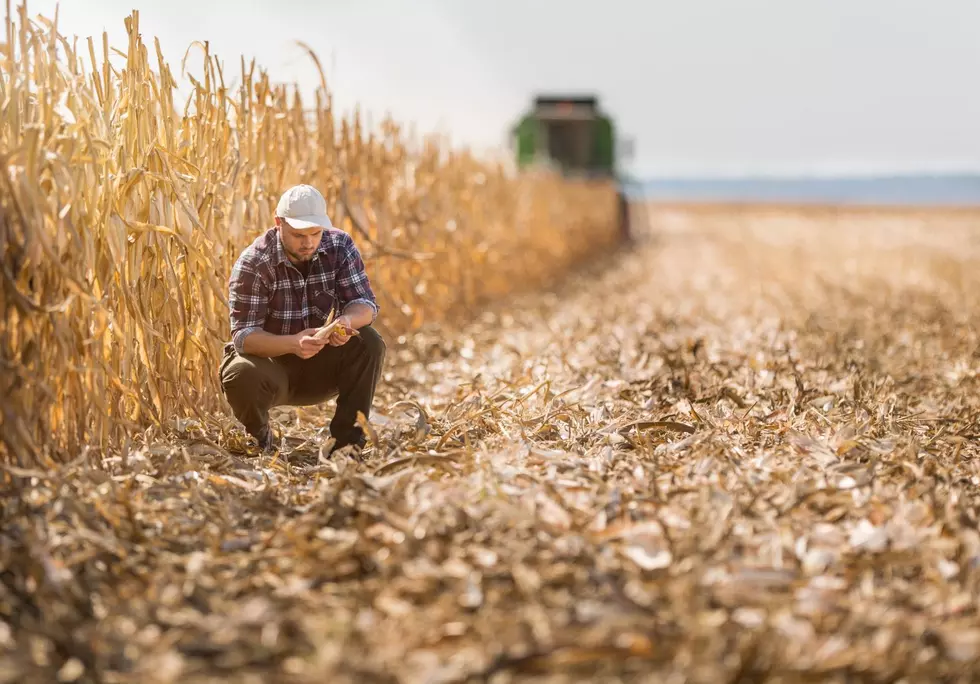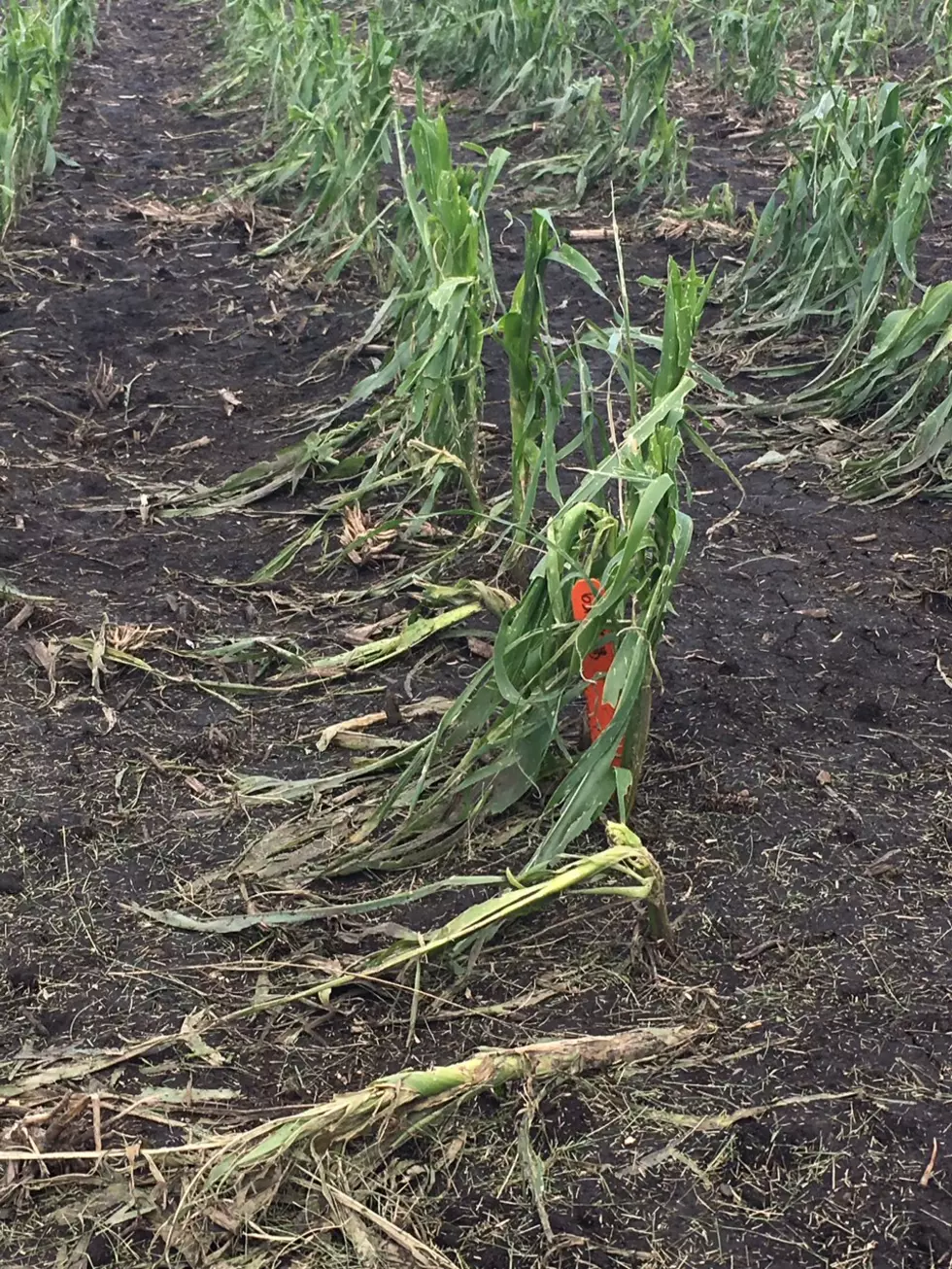
Bill Pushes to Boost Funding for Minnesota Crop Program
ST. PAUL, Minn. (AP) — A University of Minnesota research program that aims to develop environmentally-friendly alternatives to corn and soybeans could get an extra $5 million a year funding boost under a new bill.
The legislation proposed by a group of lawmakers would invest more into the university's Forever Green program, which has been developing a dozen crop varieties including Kernza and pennycress.
Don Wyse, the program's lead scientist, said Kernza, a perennial wheatgrass, can help improve soil health and water quality.
Some Minnesota farmers have started growing Kernza, though the perennial wheatgrass is still far from competing with wheat, corn and soybeans, Wyse said.
Corn and soybeans are limited in their ability to prevent soil erosion after harvest. Perennials such as Kernza build their root systems annually and help keep soil and nutrients in place.
Minnesota farmer Carmen Fernholz has grown 15 acres of Kernza after Wyse gave him some seeds about 10 years ago.
"That Kernza field right now is sitting under 2 feet of snow," Fernholz said. "But I know full well in the spring, when that snow melts, the soil isn't going to run away."
The program's challenge is creating markets for such crops and scaling up production.
"We're getting to the point where they're starting to move into the commercial realm," Wyse said.
General Mills and PepsiCo have invested in the program's crops, he added. Minnesota has invested between $1 million and $2 million a year into the program over the past several years.
"Now is the time to invest in the research necessary to redefine the future for agriculture," said Democratic Rep. Jeff Brand, the bill's author. "Our choice now is to ramp up and invest in the work or risk seeing the leadership of these systems develop elsewhere."
The bill had its first hearing recently before the House Agriculture and Food Finance and Policy Division.
More From KDHL Radio









